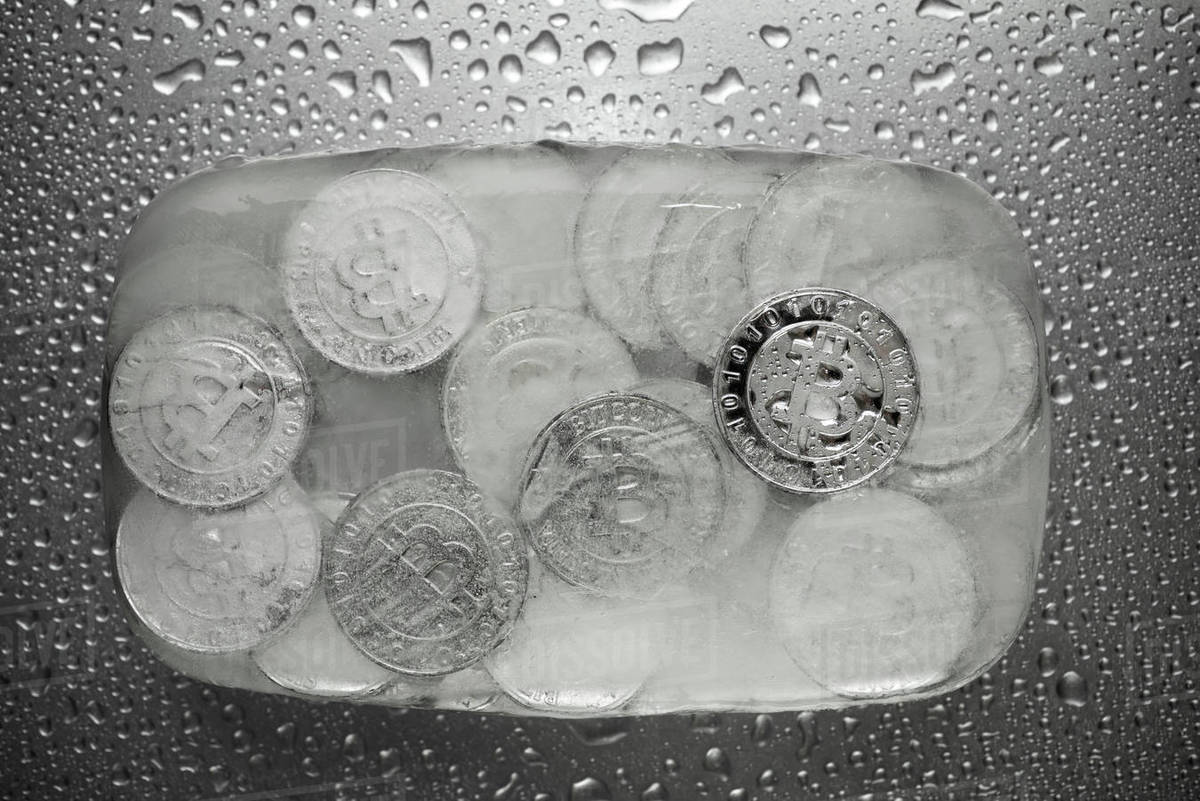A very disturbing development: Binance has frozen coins from users from Singapore. According to Binance, these customers have used CoinJoin in the past. With this service, multiple bitcoin payments are combined into one transaction to better anonymize data.
Privacy has proved to be a false promise
Binance has gained fame and popularity by barely having any rules around KYC / AML (sort of ID obligation) and by offering hundreds of altcoins / shitcoins. Obviously it is not ideal that Binance now chooses the side of the regulators. Bitcoin is an open source distributed system that is supposed to enable censorship-resistant transactions. That is still possible, provided you manage your own private keys.
Many new exchanges have been added over the past ten years, all of which promise to work without KYC. This is then limited to no KYC on a limited scale, and then (whether or not under pressure from regulators) to demand full KYC from their users.
Financial harassment
With these exchanges you can only claim your money or your coins afterwards if you send a photo of your passport, a selfie, work information etc. It turned out that the promise that customers initially fell for could not be realized afterwards. Marty Bent says in his newsletter that this seriously affects a person’s privacy and can be seen as a form of financial harassment.
The Netherlands also has these thresholds
The road to success for bitcoin is paved with barriers that governments place strategically. The largest client for new thresholds in the Netherlands’ crypto landscape is Minister of Finance Wopke Hoekstra and his contractor is called the Dutch Bank. Their jointly raised threshold is Supervision of providers of crypto services. This ensures that even Dutch crypto companies that do not want to offer KYC are forced to move with them.
Binance and centralization
Because of the central nature of exchanges, these are simply easy targets for authorities. It is a nice starting point from which they can follow bitcoin users.
Back to Binance, below in a tweet from @bittlecat you can read his mailing history with Binance.
Update: I got my sats back, but not without promising Big Brother I wouldn’t mix those utxos. Hope everyone got something out of this pic.twitter.com/1FP12R4tA9
– Catxolotl (@bittlecat) December 20, 2019
It seems like Binance keeps track of whether their users send bitcoins to addresses that are likely to participate in a CoinJoin and then freeze their coins.
But why actually?
The official reading of Binance is that they must do this because they do not want to serve users with wrong and illegal motives. Catxolotl also used Wasabi Wallet and this prompted writer 6102 to speculate on this in a post on Medium. The writer concludes that Binance must distance himself from the Plustoken scam.
“It is possible that Binance instructed their staff to mark accounts that withdraw money and mix with Wasabi Wallet (instead of withdrawing money and CoinJoining in general) to distance themselves from the PlusToken scam. Binance also knows that an enormous amount of PlusToken bitcoins also ended up on Binance via Huobi. This is part of a huge money laundering operation. “
Stay in charge
But even Chainanalysis, a company hired by official agencies to track transactions on the blockchain, says the majority of CoinJoin users participate in CoinJoins to increase their privacy. Many users simply do not want the exchanges where they buy their coins to be able to keep track of their transactions.
We cannot say this often enough, but if you have owned bitcoins for a while, and you know what you are doing and you care about your privacy, make sure your boss stays over your coins:
Not your keys, not your bitcoins.















